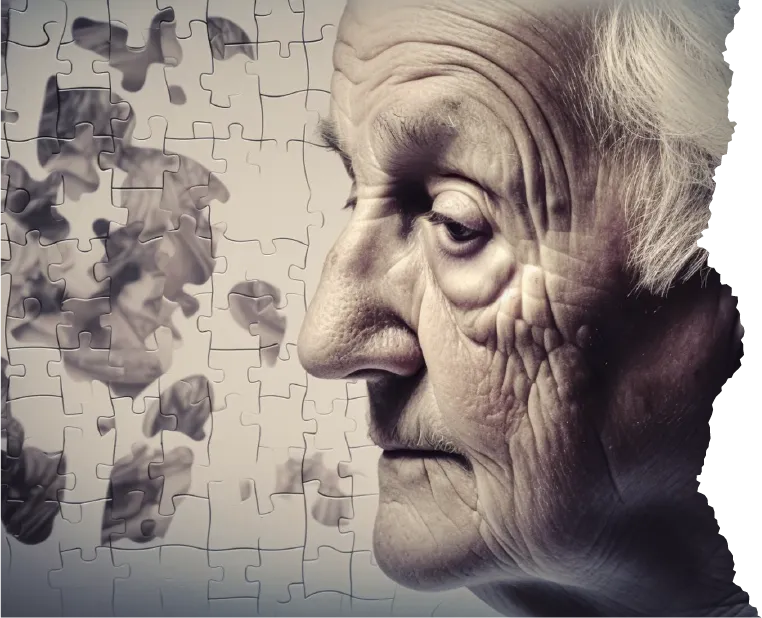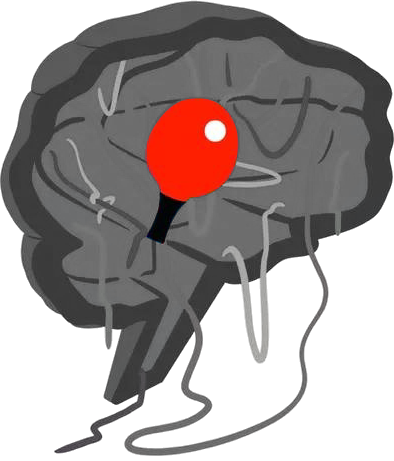Brain Aging
How Time Affects Cognitive and Behavioral Functions
By age 6, the brain’s size reaches almost 90% of its adult volume. However, from ages 30-40 onward, aging impacts the brain, leading to neuronal and glial cell death and gradual shrinkage, especially in the frontal lobe and hippocampus. Damage to these areas can impair cognitive function and behavior. Frontal lobe decline affects executive functions, emotional regulation, planning, reasoning, and problem-solving. The hippocampus is involved in learning, memory, spatial navigation, emotional behavior, regulating other brain areas, and producing new brain cells even in adulthood.

MULTIPLE SCLEROSIS
Understanding Multiple Sclerosis and Movement
In all activities involving body movement, a complex network of electrical signals transmitted by nerves plays a crucial role. Think of it as the wiring in a house: if the circuit breaker malfunctions or wires are damaged, the electrical signals may fail to reach their intended destination, impairing a person’s ability to move properly. Multiple Sclerosis (MS) is a condition that disrupts this electrical communication system. It affects the nervous system by damaging the myelin, the protective sheath around nerve fibers, which leads to malfunction or interruption in signal transmission between the brain and the body.
Parkinson’s Disease
Understanding Parkinson's Disease and Its Impact
Parkinson’s Disease (PD) is a chronic, progressive neurological condition impacting the planning, initiation, and control of movement. With over 10 million affected globally, it’s the second most common neurodegenerative condition. In the United States, about 1 million individuals live with Parkinson’s, with an estimated increase to 1.2 million by 2030. Though typically affecting those over 60, approximately 4% are diagnosed before 50. While genetics may play a role in 5-10% of cases, sporadic instances arise from a mix of environmental and genetic factors. Men face a 1.5–2 times higher risk than women.


DEMENTIA
Understanding Dementia - Causes, Symptoms & Early Intervention
Dementia is not a specific condition but a collection of symptoms resulting from various brain disorders. It manifests with characteristic symptoms such as memory difficulties, language problems, and challenges with problem- solving, impacting daily activities. The specific symptoms depend on the affected areas of the brain.
